Lithium Battery Replacement for Lead Acid: Upgrade RV&Boat
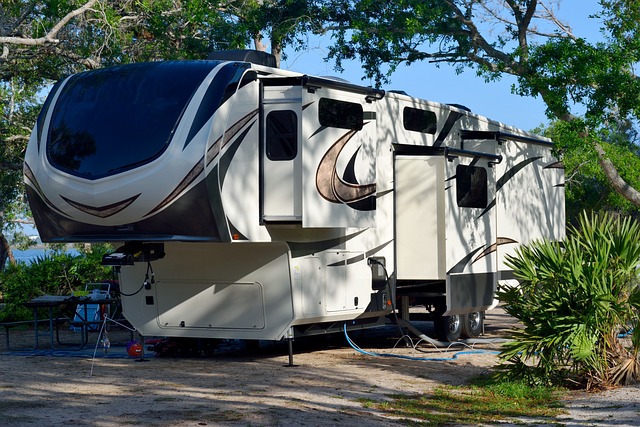
Recreational vehicles (RVs) and boats are a popular way to explore the great outdoors and enjoy time on the water. These vehicles require reliable power sources to run the various electronics and appliances that make them comfortable and convenient.
Traditionally, lead-acid batteries have been the go-to choice for RV and boat applications. However, the limitations of these batteries, including their weight, capacity, and cycle life, have led to the emergence of lithium-ion batteries as a viable alternative.
In this blog post, we will provide an in-depth look at the benefits of using lithium batteries in RV and boat applications. We will discuss the advantages of lithium batteries over traditional lead-acid batteries, including their weight and size, capacity and voltage, depth of discharge, cycle life, and efficiency.
We will also address common misconceptions about lithium batteries, including concerns about their safety and cost.
By the end of this post, you will have a comprehensive understanding of the benefits of using lithium batteries in RV and boat applications, as well as the knowledge to choose the right battery for your needs and keep it running smoothly.
Why Lithium Battery Replacement for Lead acid?
Lead-acid batteries have been the main power source for RVs and boats for many years. They have long been preferred due to their low cost, familiarity, and availability.
First invented in 1859, lead-acid batteries have been used in a variety of applications since then, including as a power source for cars and other vehicles. Especially in RV and marine applications, lead-acid batteries are popular for their ability to provide stable and reliable power.
However, an important limitation of lead-acid batteries is their weight. These batteries are relatively heavy, which can be a significant issue in RVs and boats where weight is an important consideration.
Additionally, lead-acid batteries have a limited cycle life and must be replaced more frequently than lithium batteries.
Lead-acid batteries are also temperature-sensitive and require careful monitoring to prevent damage or failure. This can be a challenge for RVs and boats where temperatures can fluctuate rapidly.
Despite these limitations, lead-acid batteries are still used in many RV and boat applications due to their low cost and availability. However, new technologies such as lithium-ion batteries are becoming more popular as the need for more efficient and reliable power sources increases.
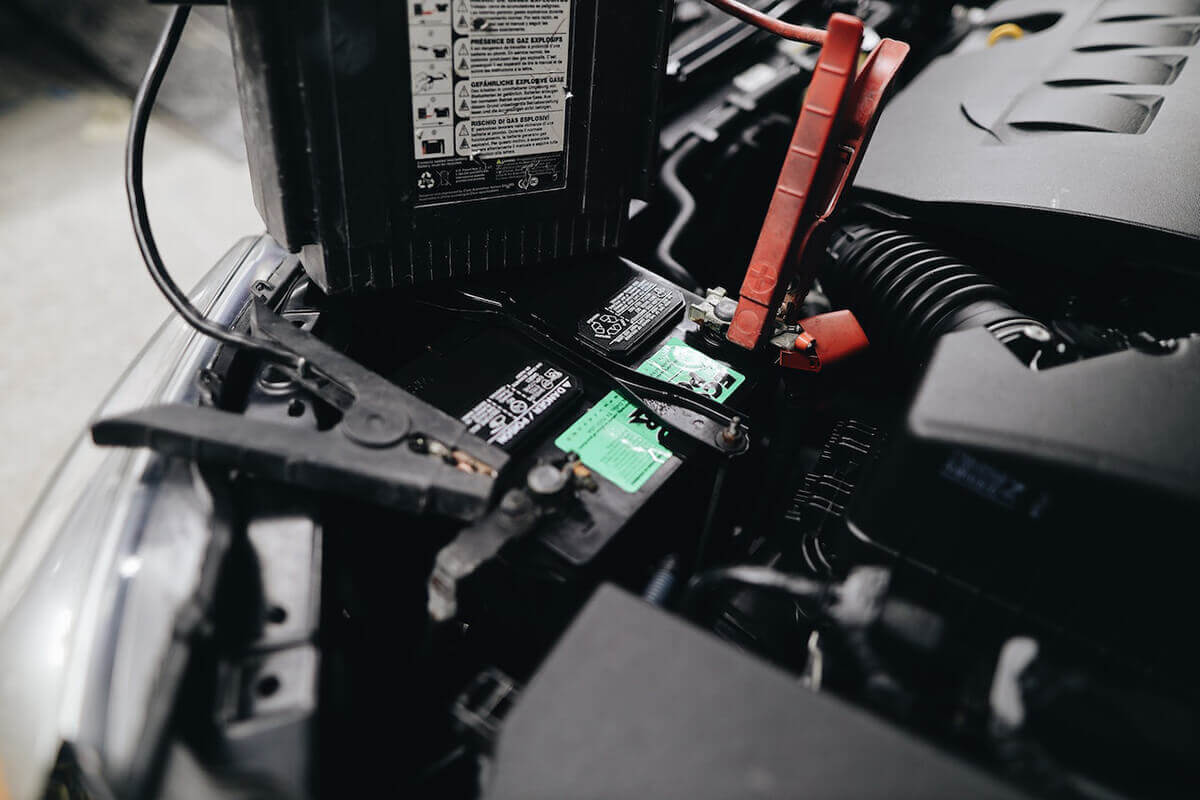
Advantages of Lithium Batteries over Lead Acid Batteries
Lithium batteries have several advantages over lead-acid batteries when it comes to powering RVs and boats. Here are some of the most significant advantages of lithium batteries:
(1) Weight and Size
Lithium batteries are much lighter and smaller than lead-acid batteries. This is a significant advantage for RV and boat applications where weight is a crucial factor.
Lithium batteries can weigh up to 80% less than a comparable lead-acid battery, making them ideal for applications where weight is a concern. This weight reduction can lead to more extended trips and more extended operating times, as the battery's reduced weight means less power is required to move the RV or boat.
(2) Capacity and Voltage
Lithium batteries have a higher energy density than lead-acid batteries. This means that they can store more energy in a smaller space, providing more extended operating times between charges.
Additionally, lithium batteries maintain a consistent voltage throughout the discharge cycle, providing more consistent power to the RV or boat's electrical system. This consistent voltage is essential for sensitive electronics and other devices that require a consistent power source.
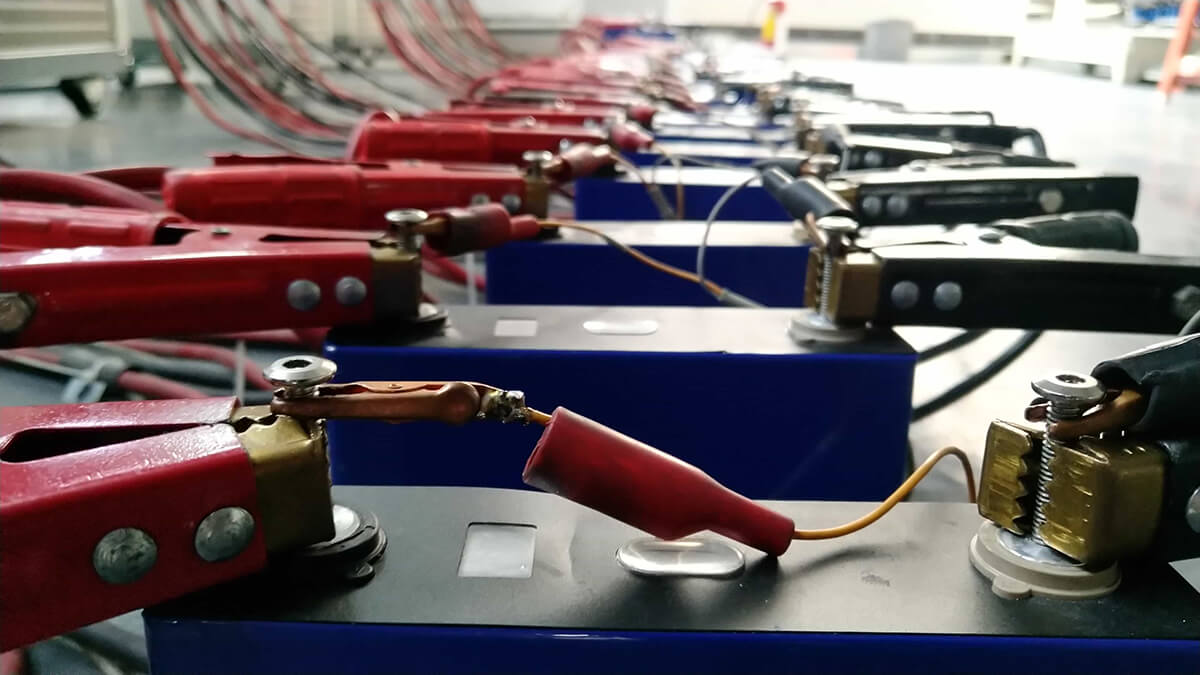
(3) Depth of Discharge
Lithium batteries can be discharged to a much greater extent than lead-acid batteries. This means that more of the battery's capacity can be utilized before recharging is necessary.
In contrast, lead-acid batteries should not be discharged below 50% to avoid damaging the battery. Lithium batteries can be discharged down to 0% without damaging the battery, providing more reliable and consistent power over a more extended period.
(4) Cycle Life
Lithium batteries have a significantly longer cycle life than lead-acid batteries. Lithium batteries can last up to ten times longer than lead-acid batteries, making them a more cost-effective solution in the long term.
Lithium batteries can typically last for around 5,000 cycles, while lead-acid batteries last for around 500 cycles. This longer cycle life makes lithium batteries a more sustainable and eco-friendly option, reducing the number of batteries that need to be replaced and ultimately reducing waste.
(5) Efficiency
Lithium batteries are much more efficient than lead-acid batteries. This means that they lose less energy as heat during charging and discharging, resulting in a more efficient power transfer and longer operating times. This increased efficiency is essential for RV and boat applications where power needs to be conserved, allowing for longer trips and more extended operating times.
Additionally, lithium batteries can charge faster than lead-acid batteries, allowing for quicker charging times and more efficient use of time.
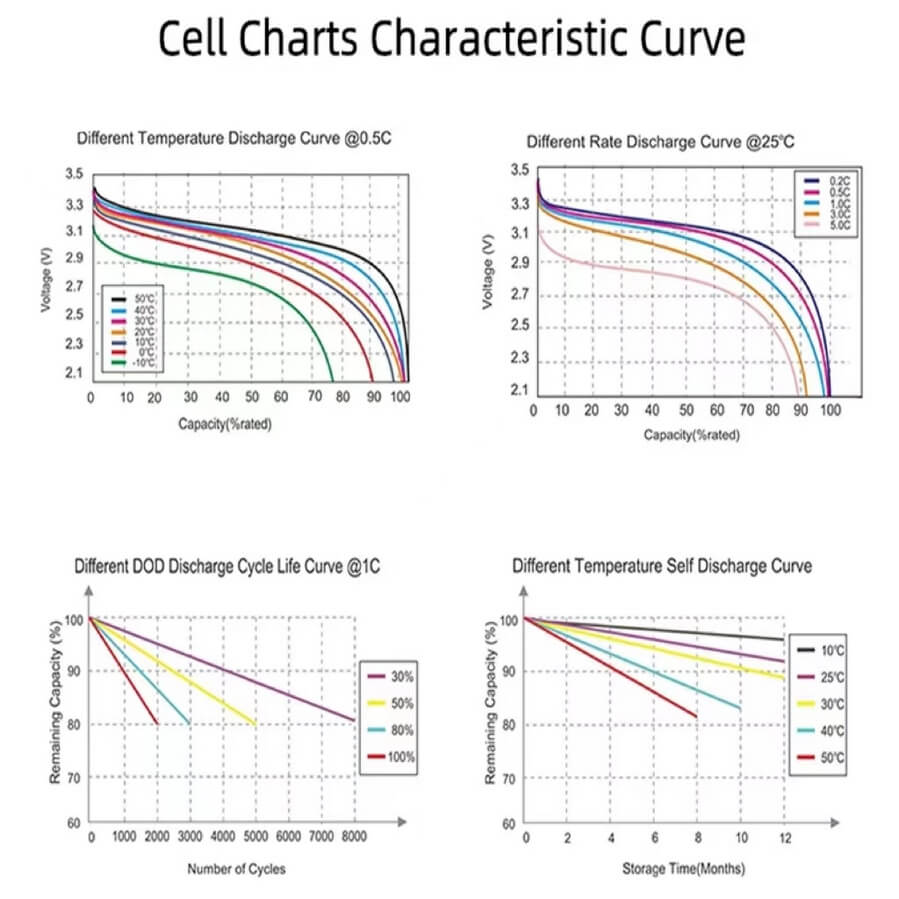
Starting from Cost Considerations
When comparing the cost of lithium and lead-acid batteries for RV and boat applications, the most important parts are the upfront costs and maintenance costs.
Upfront costs
The upfront cost of lithium batteries is typically higher than that of lead-acid batteries. According to a survey conducted by Battery University, the average cost of a lithium battery is about two to four times that of a lead-acid battery. However, this higher cost is offset by the longer lifespan of lithium batteries, which can last up to ten times longer than lead-acid batteries. Therefore, in terms of prepaid fees, the higher upfront cost of lithium batteries may be offset by the reduced need for replacement over time.
Maintenance costs
One of the advantages of lithium batteries is that they require less maintenance than lead-acid batteries. Lead-acid batteries require regular maintenance, such as topping up electrolyte levels and cleaning the battery terminals, to ensure optimal performance. In contrast, lithium batteries require very little maintenance, which can result in lower maintenance costs over the battery's lifespan.
So which of the two types of batteries is more worthwhile? Through the above comparison of the advantages and disadvantages of lithium batteries and lead-acid batteries, we can draw the following conditions:
- The actual discharge capacity of a lithium battery with a compatible rated capacity is more than twice that of a lead-acid battery.
- The price of lithium batteries is about 2-4 times that of lead-acid batteries, let's take 4 times as an example.
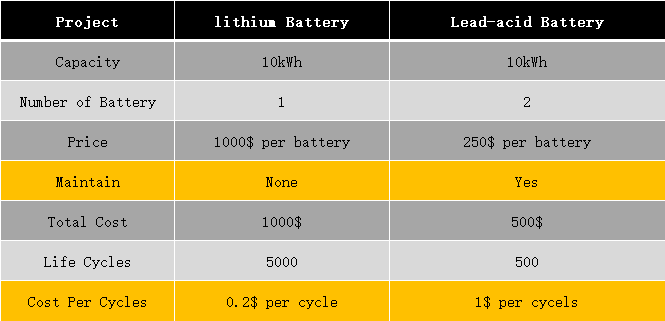
In conclusion, while lithium batteries have a higher upfront cost than lead-acid batteries, they can be more cost-effective in the long run due to their longer lifespan, lower maintenance requirements, and lower total cost of ownership.
Starting from Safety Considerations
When it comes to safety, it's important to know the risks associated with each battery type. Let's compare lithium batteries and lead-acid batteries in terms of their chemical stability and fire or explosion risk.
1. Chemical stability
When it comes to chemical stability, lead-acid batteries use a corrosive liquid electrolyte that can be dangerous if mishandled. If the battery is damaged, the acid can leak out and cause harm or injury.
On the other hand, lithium batteries use non-liquid electrolytes, which also have a risk of leakage, but are generally less dangerous than sulfuric acid.
However, it's worth noting that lithium batteries contain flammable electrolytes that can be dangerous if the battery is damaged or exposed to high temperatures.

2. Fire or explosion risk
Lithium batteries are known to have a higher risk of fire or explosion compared to lead-acid batteries. This is because lithium batteries contain a flammable electrolyte that can ignite if the battery is punctured, crushed, or exposed to high temperatures.
On the other hand, lead-acid batteries are less prone to catching fire or exploding, but they can still pose a risk if they are mishandled or damaged.
Overall, it is important to weigh the pros and cons of each battery type when considering safety. Although the two types of batteries have different risks, with the development of lead-acid batteries with a history of 150 years, their safety issues still cannot be better improved.
The lithium iron phosphate battery in the lithium battery has extremely stable chemical bonds and a high ignition point of 800°C, which almost perfectly eliminates the possibility of the lithium battery catching fire or exploding. It is currently one of the safest lithium batteries in the world. The application range of the battery is further improved.
Learn More Top Questions About Lithium Batteries!
How to Choose the Best Lihtium Battery?
(1) The type of the lithium battery
When it comes to choosing the right lithium battery for your RV or boat, it's essential to understand the different types available on the market. Each type of lithium battery has its own unique advantages and disadvantages, so it's important to research and compare them before making a decision.
Lithium Cobalt Oxide (LiCoO2) batteries: are well-known for their high energy density, making them ideal for applications that require high power output and long operating times. However, they are also more expensive and less stable than other types of lithium batteries.
Lithium Iron Phosphate (LiFePO4) batteries: are known for their long cycle life and high safety standards. They are also less expensive than LiCoO2 batteries, making them a popular choice for RV and boat owners. However, they may not be suitable for applications that require high power output due to their lower energy density.
Lithium Manganese Oxide (LiMn2O4) batteries: which are often used in electric vehicles, are known for their high power output and long cycle life. They are also relatively safe and inexpensive compared to other types of lithium batteries. However, they may not be suitable for applications that require long operating times due to their lower energy density.
Lithium Nickel Cobalt Aluminum Oxide (LiNiCoAlO2) batteries: are known for their high energy density and long operating times. They are also relatively safe and have a long cycle life. However, they can be more expensive than other types of lithium batteries and may not be as widely available.
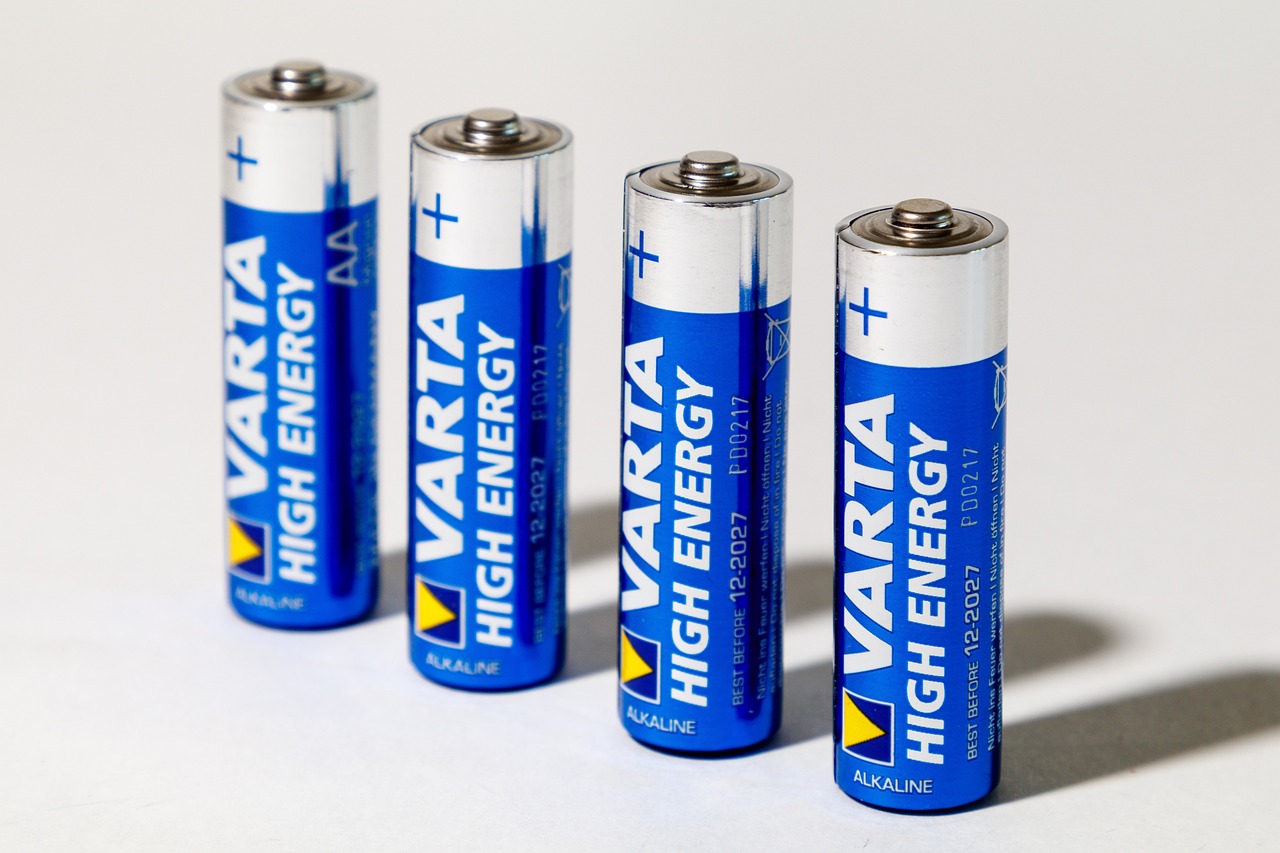
(2) Voltage & capacity requirements
The voltage and capacity requirements of a lithium battery depend on the electrical needs of your RV or boat. It's crucial to determine how much power your appliances and devices require and choose a lithium battery with the appropriate voltage and capacity to meet those needs. It's also important to consider the discharge rate and recharge time of the battery.
(3) Brand & quality considerations
It's important to choose a reputable brand and high-quality lithium battery to ensure safety, reliability, and performance. Look for batteries that meet industry standards and have undergone rigorous testing and certification. Research customer reviews and ratings to get an idea of the overall quality and customer satisfaction.
(4) Warranty & technical support
Finally, it's essential to choose a lithium battery with a solid warranty and technical support. Look for warranties that cover defects and performance issues and have a reasonable length of time. Ensure that the lithium battery manufacturer or seller provides technical support and assistance in case of any issues or questions that may arise during installation or use.
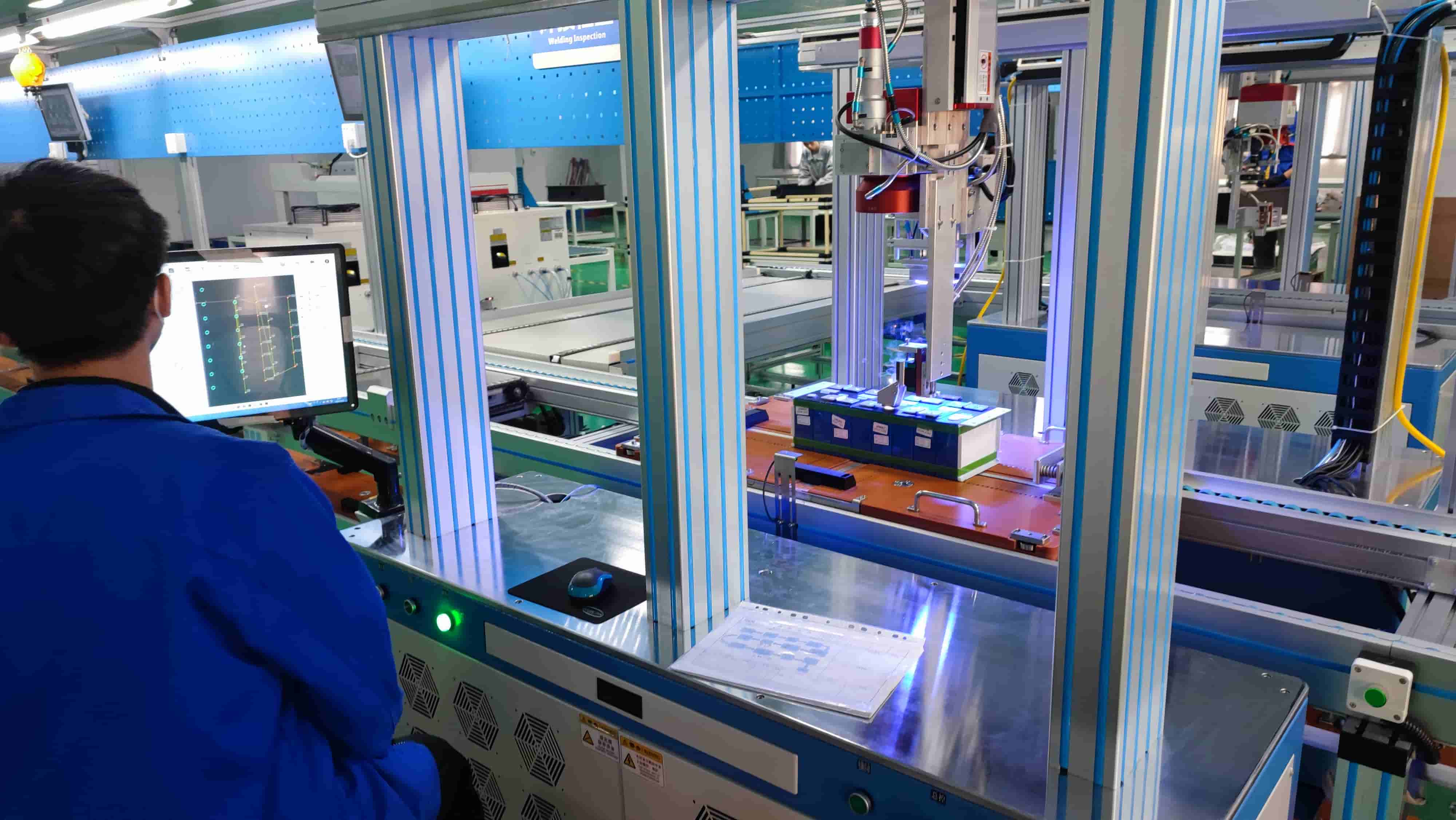
Lithium Battery Installation and Maintenance
Lithium batteries are becoming increasingly popular among RV and boat owners due to their long lifespan, high energy density, and low maintenance requirements. However, proper installation and maintenance are essential to ensure the longevity and performance of your lithium battery.
(1) Precautions before installation
Before installing your lithium battery, it's important to take some precautions to ensure safety and proper functioning.
Firstly, make sure to read the user manual and installation instructions carefully. This will give you a better understanding of the battery's specifications and installation requirements.
Secondly, ensure that your RV or boat's electrical system is compatible with the lithium battery. Check the voltage and current rating of your existing system and compare it to the battery's specifications.
Finally, always wear protective gear, such as gloves and safety glasses, when handling lithium batteries, as they can be corrosive and pose a fire risk.
(2) Installation process
The installation process of a lithium battery is relatively straightforward, but it's essential to follow the instructions carefully to avoid damage to the battery or your RV/boat's electrical system.
Firstly, disconnect the negative cable from your RV or boat's battery. This will prevent any accidental discharge or electrical shock during the installation process.
Then, connect the lithium battery's positive and negative cables to your RV/boat's electrical system, following the instructions provided by the manufacturer. Ensure that all connections are secure and tight.
Finally, turn on your RV or boat's electrical system to check that the battery is functioning correctly.
(Video courtesy of DoItYourselfDad)
(3) Maintenance
Maintaining a lithium battery is relatively simple, but it's essential to follow some basic guidelines to ensure longevity and performance.
Firstly, avoid overcharging or undercharging the battery, as this can damage the battery's cells and reduce its lifespan. Use a quality charger that is compatible with your battery's specifications and recommended charging rate.
Secondly, regularly check the battery's voltage and capacity levels, using a multimeter or battery monitor. This will give you an idea of how much charge is left and when the battery needs recharging.
Finally, keep the battery clean and dry, avoid exposing it to extreme temperatures or humidity levels, and store correctly.
(4) To solve common problems
Despite their reliability and durability, lithium batteries sometimes suffer from common problems such as reduced capacity or low voltage levels. To resolve these issues, it is important to properly diagnose the problem and take appropriate action.
Read the article - Causes and Solutions of Battery Failure
Summarize
Overall, lithium batteries have several advantages over lead-acid batteries for RV and boat applications, including lighter weight, longer lifespan, faster charging time, and higher efficiency.
So lithium batteries are a smart investment for RV and boat owners who want a reliable and efficient power source. While they may be more expensive upfront, their longer lifespan and lower maintenance requirements can save money in the long run.
At the same time, when you consider switching to lithium batteries, be sure to conduct thorough research and compare options before purchasing, choose a battery with the right parameters, and a regular manufacturer.
More About Lithium Battery Manufacturers Information:
